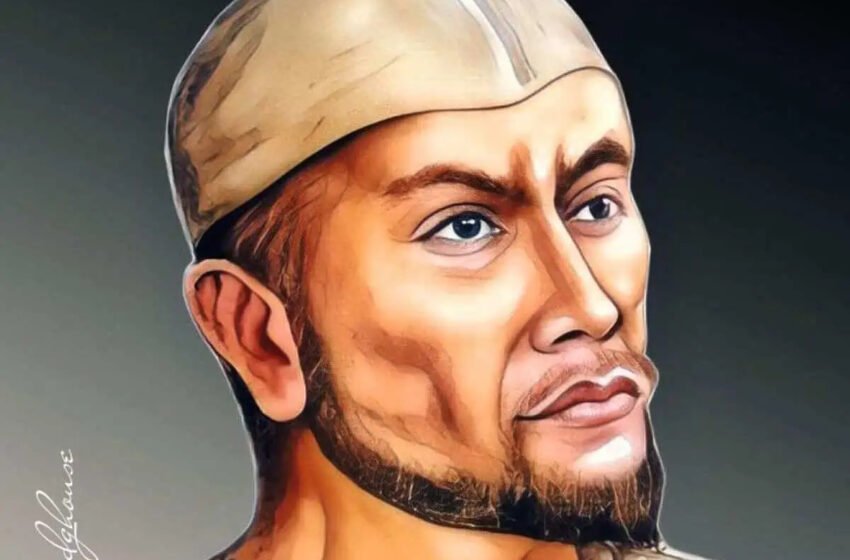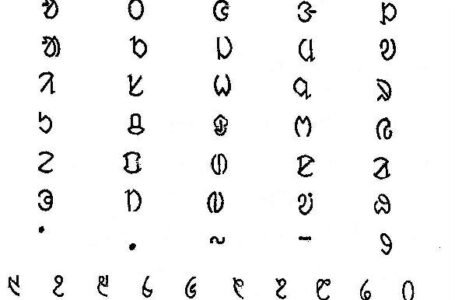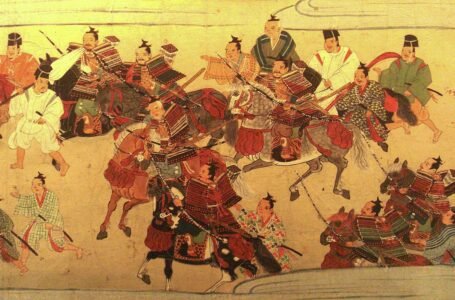Peer Ali Khan: A Revolutionary lost in the pages of History

Peer Ali Khan is one of the lesser-known heroes of the Revolt of 1857. His indomitable spirit was what made him a formidable opponent to British rule and their colonial policies. His life in its entirety, was an offering to the advancement of the freedom movement. And this eventually became a source of inspiration for the forthcoming revolutionaries who aspired to do the same in the pursuit of independence. This blog delves into the life of Peer Ali Khan, tracing the beginnings of his journey to the enduring legacy that he left behind.

EARLY LIFE AND BACKGROUND
Although his birth date remains unknown, experts suggest Peer Ali Khan was born in 1812 in the Azamgarh district of Uttar Pradesh to a family of humble beginnings. However, Khan fled from his home at the tender age of seven. Reasons for this remain unknown. Eventually he reached Patna, homeless and in need of shelter. Soon, one day under a banyan tree he met Zamindar Nawab Mir Abdullah, a man who turned out to be his savior after he sheltered him and raised him with his son. It was Mir Abdullah who gave him an opportunity to pursue education.
Because of this, Khan’s early years were marked by a thirst to seek knowledge which led him to being well-versed in Urdu, Arabic and Persian. He also befriended educational scholars and certain thinkers of his time who helped him develop a broader outlook and expand his intellectual horizons. During this period, the growing discontent towards the British rule had sown the seed of retaliation amongst the different stratas of society i.e peasants, artisans, priests etc.
Even Zamindar Mir Abdullah who held good ties with the British, had continuously despised them. This hatred for the dictatorial regime of the British was passed down to Peer Ali Khan. It was because of this that he grew up with a sense of passion to fight against British rule since childhood.

THE PATH TO REBELLION
After completing his education, Khan opened up a bookshop in Patna with the help of Mir Abdullah. It was here that he sold handwritten books and literature. Meanwhile, Khan’s growing discontent for the British kept rising and he started joining revolutionary groups. Soon his bookshop became famous for its handwritten books and then became a hub for freedom fighters to scheme campaigns against the British. Not long after, it became the medium of communication between the freedom fighters and Indian soldiers in the British Army.
Through such activities, he formed connections with soldiers stationed at various cantonments within the army and garnered their support against British restrictions. Once such cantonment was the Danapur cantonment with whose soldiers Khan was planning a revolution with. Similarly, he made contacts in various soldier groups, plotting the demise of British rule and encouraging the local masses to participate in the same.
However, two secret letters fell into the hands of the British officers who came to know about the involvement of Khan.
Due to this, the Indian soldier communicating with Khan was arrested. Khan was agitated due to this occurrence and planned on attacking the British officials immediately. He had set his mind on this action. For this operation, he gathered 50 guns and handed them to his fellow supporters. He managed to collect these guns with the support of his friend Maulvi Mehendi. On the 20th of July 1857, the British rulers were informed about the availability of these guns and arrested Maulvi immediately.

The arrest took place quickly and Maulvi was hanged without a trial. Furious on hearing of such unjust treatment, on the 3rd of July 1857, Khan along with 200 of followers went to attack the headquarters of the State administration. Khan took a leadership role in this event and shouted slogans against the British. The situation escalated quickly when the Indian soldiers moved towards the headquarters in order to open fire towards the building. Soon both sides began firing which led to some supporters being critically wound and the death of many.
After this, the British set out on a terror riot in Patna where the houses of Muslims were frantically searched and those who were found were brutally executed. Multiple lives were lost that day. The bookshop run by Khan was also raided and many of his important documents were confisticated by them. On the 4th of July, Peer Ali Khan was arrested with 33 of his followers. Many of his followers were hanged after this but Peer Ali Khan was exempted from immediate execution.
The British chose to inhumanly torture him in order to carry out further interrogation. Despite facing such harsh and cruel treatment from the British, Peer Ali Khan refused to bend to the will of the officers. This portrayed his intense willpower and patriotism for the cause of independence. None of Khan’s followers disclosed any information to the officials either.

LEGACY AND RECOGNITION
After three days of intense torture, humiliation and forceful interrogation, Peer Ali Khan was executed on the 7th of July 1857 by the British officers responsible for the murder of his supporters and the innocent civilians of Patna. Later, the British officers order to kill all his supporters and counterparts. However, his influence had then attracted thousands of followers who chose to keep his legacy up and alive. Despite his death being intended to serve as a threat to the other freedom fighters, it turned out to be quite the opposite.
His life and legacy were now referred to as a symbol of quintessential courage and martyrdom. It inspired countless revolutionaries of the time to lay down the future path of the freedom struggle. Although, his story in today’s date does not hold the recognition that it deserves, attempts to reignite his glory have been continuously made by the Government of Patna. A road adjacent to the Patna Airport has also been named after him by the state government of Bihar. They also have honored the sacrifices and efforts of Peer Ali Khan by hosting commemorative events and including his story in the curricula of their schools and universities.
Peer Ali Khan is one of the thousands of freedom fighters who were brutally murdered by the British during the Revolt of 1857. Although lost in the pages of History, Peer Ali Khan carved a path that was unique on its own. It lived alive in the hearts of those who carried his ideas forward by their selfless acts of freedom for this country. Thus, in a way his legacy has always lived alive in the hearts of those who carried on this chain of nationalistic fervor and brought our nation to the position where it is today.


